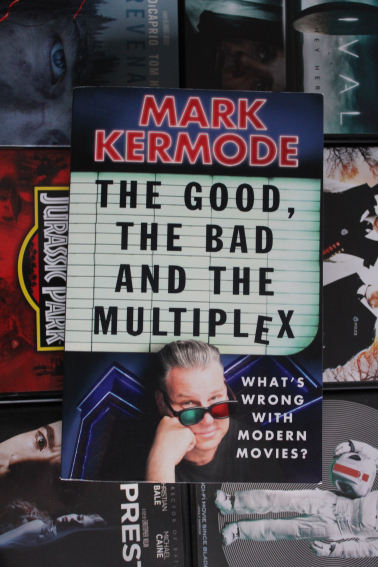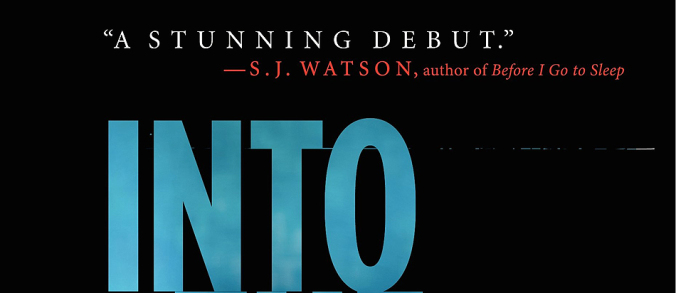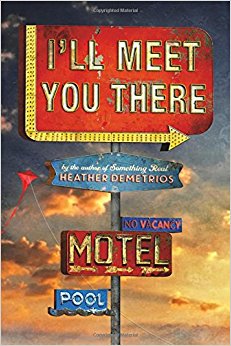Date Finished: January 5th 2018
I recently became a convert to the Church of Wittertainment, better known as the BBC Radio 5Live film review show with Mark Kermode and Simon Mayo. Not since the days of Terry Wogan’s Breakfast show on Radio 2 (this makes me sound a lot older than I am) have I found radio so entertaining and cosy. The premise of the show is deceptively simple: Kermode reviews the week’s films whilst Mayo adds occasional remarks and interviews a celebrity guest. But the true appeal of the show is the community that has built up around it. Listener correspondence is regular and, as a result, a variety of running gags, in-jokes and nicknames has built up around the world of film and our two guides to it. It’s got to the stage that it actually has it’s own Wikipedia, the aptly-named Witterpedia.

In this pithy and acerbic volume, Mark Kermode takes his famous dual capacities for rants and rhapsodies and levels it directly at various aspects of the cinematic experience. Chain cinemas are first in his sights, before he takes aim at trashy blockbusters, 3D (of which he has always been a vocal critic), the role of film critics in a digital age where other opinions are available, and many more topics.
“Here are three absolute truths:
1. The world is round.
2. We are all going to die.
3. No one enjoyed Pirates of the Caribbean: At World’s End.”
What I like about Kermode is that he’s less a film critic and more a film lover. Too often reading reviews you get the feeling that the writer is a sniffy pedant who won’t be happy unless they’re watching Oscar-bait, and even then they’ll be picky. But Kermode is more down-to-earth: his favourite film is The Exorcist; Brazil and Pan’s Labyrinth also rank in his top ten. Of course, like most critics, he does like films that a popcorn-chewing teenager looking for two hours of explosions would consider “pretentious”, and bemoans many aspects of the cinema and its audience. The difference between him and a film snob is that his frustrations come from a place of love – he knows how good the medium can be. As much as I end up disagreeing with The Good Doctor on many films, I’m nonetheless very much on-side when it comes to the way in which he values cinema, and his philosophy of going into any film – even the next Transformers – with an open mind because it could be the next Citizen Kane is a philosophy I think all film-lovers should adopt.
In The Good, The Bad and the Multiplex the grumpiness is turned up to 11. Like a Bill Bryson of the movie world, Kermode wanders around cinema lobbies bemoaning the decline of the medium and how things were better in the past. But beneath the curmudgeonly exterior, the critic offers a thought-provoking and passionate take on the state of modern movies, as well as tracing a lot of cinematic history. Fundamentally, what Kermode wants is for cinema to be better: cinemas that care for their art form, blockbusters that dare to be smart as well as spectacular, for 3D to be abandoned, for audiences and cinemas to embrace foreign-language films, for the Oscars to be less myopic and for Americans to be less… American. It’s hard not to find yourself nodding in agreement to a lot of this.
There are plenty of entertaining tirades, particularly against multiplex chains, Sex and the City 2, and the decline of manual projection. There’s plenty of pub quiz knowledge – take the most successful 3D film for example: Avatar? No. It was a 1969 softcore comedy called The Stewardesses which manages to recoup 270 times its budget (compared with Avatar’s measily 12-fold profit). There are also many compelling meditations on the state of modern cinema, such as why remaking a foreign film for Anglo-American audiences means you lose more than just language in translation, and why rumours of the rise/demise of the British film industry are always exaggerated.
The Good, The Bad and the Multiplex should be a treat for any fan of cinema, so long as they don’t hate Kermode himself (3% of respondents in a survey said they trusted him, making him by far the most trusted critic in the UK, though we should note that isn’t many people). There’s a lot to agree and disagree with herein, as well as film recommendations, food for thought on why we approach cinema the way we do, and what joy we can take in our everyday film experiences. If you’re one of the 3% you’ll like it, if not, well give it a go. All that’s left to say is:
Tinkey tonk, and down with Michael Bay.
8/10
Advertisements Share this:




